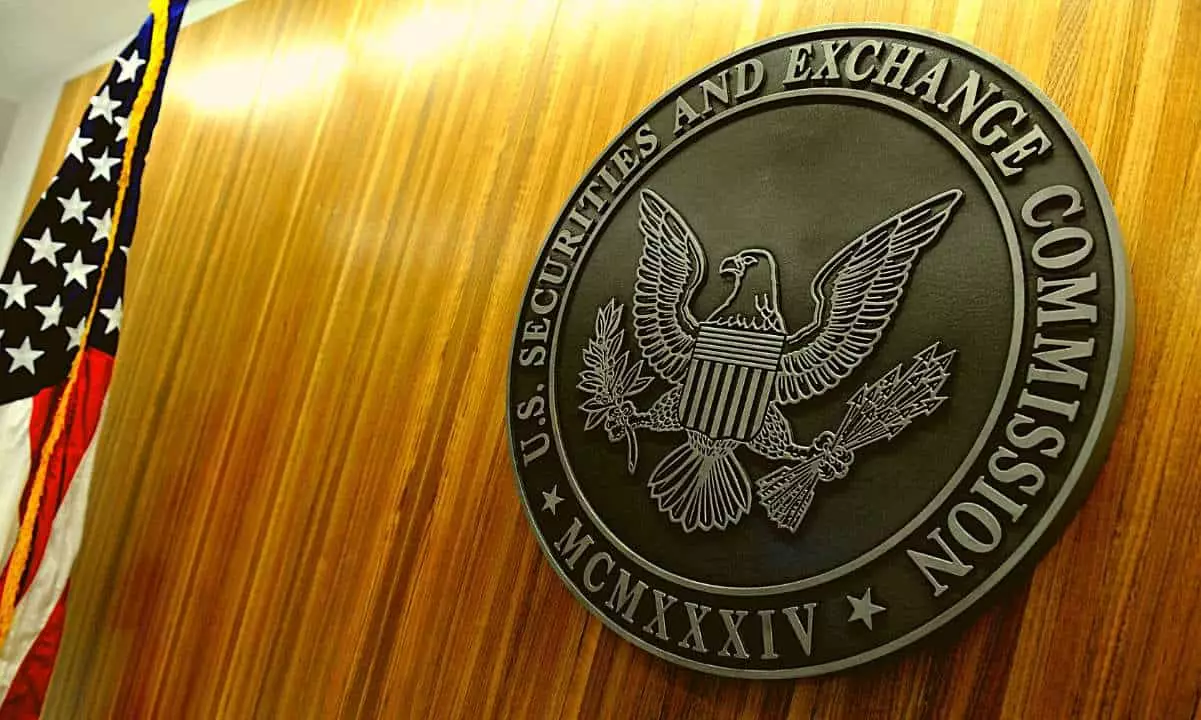In an unexpected turn of events, CyberKongz, a project at the forefront of the gaming-oriented NFT (non-fungible token) movement, received a Wells Notice from the U.S. Securities and Exchange Commission (SEC) on December 16. This notice has sent ripples through the Web3 gaming community as it raises significant questions about the use of ERC-20 tokens within gaming platforms. Characterized as an early warning that enforcement action may follow, the Wells Notice is not inherently an accusation of wrongdoing but signals that the SEC is scrutinizing the project’s compliance with securities regulation.
The core issue appears to be the SEC’s concerns regarding whether CyberKongz’s ERC-20 tokens could be categorized as securities when used in conjunction with blockchain games. With the SEC focusing increasingly on the intersection of cryptocurrency and gaming, the ramifications for CyberKongz may extend far beyond its platform, potentially influencing how the entire Web3 gaming ecosystem operates. The SEC’s intent to regulate such integrations, while aiming to protect investors, raises critical questions about innovation and creative development in this rapidly evolving digital frontier.
In a public statement made on social media platform X, the CyberKongz team did not mince words concerning their discontent with the regulatory agency. They expressed their disappointment at the SEC’s approach while simultaneously committing to challenge the agency’s interpretation and defend their operations. The announcement stressed that transparency and clearer frameworks for NFT projects are urgently needed, suggesting that the SEC’s actions might stifle innovation rather than foster a healthy environment for new technologies.
The NFT and blockchain community has been watching closely, recognizing that the SEC’s view could set a precedent for how similar projects are treated in the future. The reactions from stakeholders indicate a wellspring of support for CyberKongz, as many share concerns about the implications of regulatory actions that seem to focus more on enforcement than on constructive guidance.
The tension between NFT projects and regulatory bodies is not new, as illustrated by the SEC’s increasing scrutiny over the past few years. CyberKongz’s entanglements trace back to their 2021 contract migration, which the SEC allegedly interpreted as a token sale. This mischaracterization underscores a potential failure to grasp the nuances between different blockchain functionalities, leading to frustrations from the CyberKongz team regarding the SEC’s apparent inability to distinguish between legitimate contract migrations and primary sales.
This challenge highlights a broader issue: the lack of clear regulatory guidance for emerging technologies like blockchain and NFTs. As organizations like CyberKongz attempt to navigate these murky waters, the SEC’s hesitance to delineate clear rules leaves many in the industry feeling vulnerable to retroactive interpretations that could adversely affect their business models and operational strategies.
As CyberKongz joins an expanding roster of blockchain and NFT projects under the SEC’s microscope—including notable names like Coinbase, Ripple, and OpenSea—the stakes for the entire industry have never been higher. Each encounter between regulatory bodies and blockchain companies teaches the community about the delicate balance between innovation and compliance.
The action against CyberKongz occurs amid a background of growing frustrations within the NFT sector, particularly around the vagueness of regulatory expectations. The ongoing saga of regulatory ambiguity means that new projects must tread carefully, often stymied by the fear of falling afoul of enforcement actions that could ultimately hinder their growth or lead to existential crises.
At a critical juncture, the CyberKongz team remains committed to advancing their work despite the challenges. They have expressed an eagerness to engage in dialogue with the SEC to push for clearer guidelines that would benefit both regulators and innovators alike. The current episode serves as a crucial reminder for the industry to advocate for transparency, collaboration, and dialogue as essential pillars for fostering a sustainable future in the NFT space.
CyberKongz’s ongoing struggle with the SEC illuminates the challenges many innovative projects face today. The resolution of these disputes carries significant implications for the future regulatory landscape of blockchain technologies, signaling a need for a more nuanced approach to oversight that can promote safety without stifling creativity in the gaming realm and beyond.

